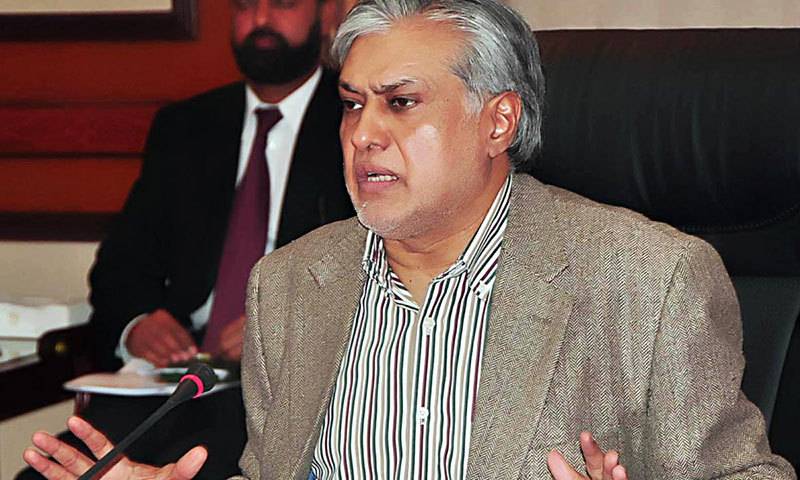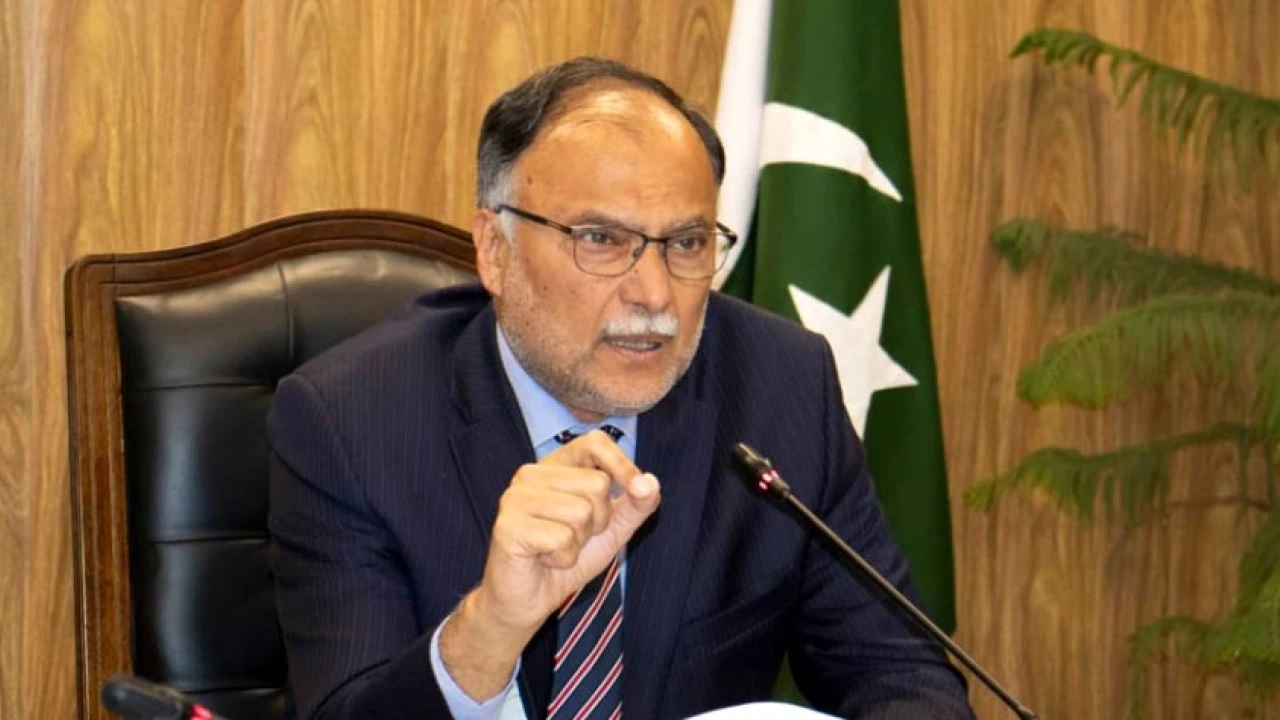PTBP Web Desk
The Competition Commission of Pakistan (CCP) has published its inaugural Competition Assessment Study of the gold market in Pakistan, offering an evidence-based overview of the sector’s structure, regulatory framework, and competitiveness challenges. Conducted by CCP’s Center of Excellence in Competition Law (CECL), the study provides critical insights into a historically informal, fragmented, and opaque market.
The report reveals that Pakistan’s annual gold consumption ranges between 60 to 90 tonnes, primarily driven by cultural and social demand. Remarkably, over 90% of gold trading in the country occurs outside formal channels. The market is almost entirely import-dependent, with approximately USD 17 million worth of gold imported during FY 2023-24.
A key highlight of the report is the potential impact of the Reko Diq copper-gold project, which is expected to generate up to USD 74 billion over its 37-year operational life. The project could significantly transform domestic supply chains and formalize portions of the gold market, presenting new opportunities for investors and regulators alike.
The CCP report identifies several systemic barriers that hinder competition and distort market functioning:
- Informal Market Dominance: Weak documentation and cash-based transactions allow large informal networks to control pricing and influence gold supply.
- Opaque Price-Setting Mechanisms: Daily gold rates are often determined by industry associations rather than transparent market forces, creating uncertainty for consumers and traders.
- Fragmented Regulatory Oversight: Overlapping responsibilities among the Ministry of Commerce, Federal Board of Revenue (FBR), State Bank of Pakistan (SBP), Pakistan Gems and Jewelry Development Company (PGJDC), and Trade Development Authority of Pakistan (TDAP) result in policy inconsistencies and weak enforcement.
- High Taxes and Compliance Costs: Complex procedures and inconsistent taxation encourage smuggling and under-invoicing, reducing formal sector participation.
- Limited Refining, Assaying, and Hallmarking Capacity: Pakistan lacks sufficient refining capabilities and standardized assaying facilities, leading to purity concerns and weak consumer protection.
- Data Deficiencies: Absence of reliable data on imports, registered traders, sales, and purity undermines evidence-based policymaking and sector monitoring.
To address these challenges, the CCP has recommended a comprehensive set of reforms aimed at formalizing the gold market and increasing competitiveness:
- Establishment of a Unified Regulator: CCP suggests creating the Pakistan Gold & Gemstone Authority to harmonize rules, licensing, imports, and Anti-Money Laundering (AML) and Counter Financing of Terrorism (CFT) compliance.
- Mandatory Assaying and Hallmarking: Enforcing nationwide assaying and hallmarking standards would ensure purity, protect consumers, and facilitate exports.
- Digital Transformation of the Gold Value Chain: Implementing blockchain-based traceability integrated with FBR’s Track & Trace system would enhance transparency and monitoring.
- Creation of a Gold Banking System: Inspired by Turkey’s model, such a system would mobilize household gold into the formal sector, increasing liquidity and formal participation.
- Strengthening Data Governance: Centralized reporting, systematic market documentation, and scientific price-monitoring mechanisms would improve evidence-based decision-making.
According to CCP, modernizing the gold sector could significantly boost transparency, reduce illicit trade, and protect consumers, while unlocking substantial economic value. Formalization of the market would also encourage investment, improve tax compliance, and create opportunities for small and medium-sized enterprises in the jewelry and gold trading sectors.
The report emphasizes that the reforms are particularly timely as Pakistan prepares for the commercial rollout of the Reko Diq project. The combination of enhanced regulatory oversight, digital traceability, and formal market integration is expected to create a more competitive, structured, and accountable gold market.
CCP’s study draws insights from international best practices, highlighting the success of digital traceability, hallmarking, and gold banking systems in countries such as Turkey and India. Adoption of similar models in Pakistan could align the local market with global standards, attract foreign investment, and strengthen consumer confidence.




